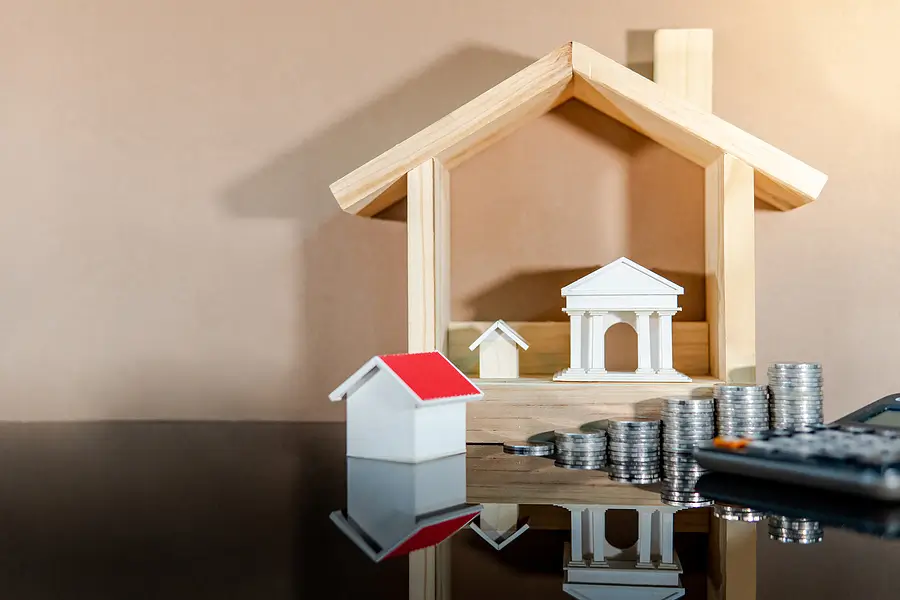As a landlord, increasing your rental income doesn’t always mean raising the rent. There are several creative and efficient ways to boost earnings from your rental property while keeping tenants happy and long-term vacancy rates low.
Maximize Additional Revenue Streams
Start by identifying value-added services that can generate extra income. For example, offering furnished units, storage space, or laundry services can justify additional rental payments without affecting the rent payment base. These amenities enhance tenant satisfaction and allow you to report rental income and expenses from new sources without breaking any lease agreements.
You can also explore deductible rental expenses, such as repairs, maintenance, travel expenses, and professional services, that qualify as ordinary and necessary expenses for your residential rental property. These deductions reduce your taxable income, help you save money, and increase your overall profitability.
Improve and Maintain Property Value
Regular updates to your rental property, such as new paint, improved landscaping, or upgraded appliances,, can boost its fair market value. These improvements attract better tenants, reduce turnover, and justify normal rent payments that align with market rates.
Also, energy-efficient upgrades not only improve the property's appeal but can lower utility costs if included in the lease, making it more desirable to prospective renters.
Offer Premium Services
Offering premium services such as regular cleaning, lawn care, or pet-friendly accommodations can enhance the tenant experience while generating rental real estate income. These optional add-ons can be billed separately from the base rent payment, giving you flexibility in your pricing strategy.
Consider charging for early move-in or late move-out. While these are not part of normal rent payments, they are still considered rental income.
Keep Accurate Financial Records of Income and Expenses
Keeping a clear record of rental income and all expenses related to your rental unit, whether it’s a commercial property, investment property, or even a vacation home, is essential when it’s time to report income and pay taxes on your tax return. Detailed records help you stay organized and compliant, from tracking mortgage interest and utilities to logging deductible expenses like repairs and maintenance.
Categorizing ordinary expenses correctly contributes to your rental property tax deductions, reducing how much you owe in taxes. Keeping track of property improvements ensures you separate capital expenditures and ordinary expenses, which can impact depreciation and overall returns.
Understanding how these costs fit into the broader rental market and your specific business strategy helps you make better decisions that enhance long-term profitability and protect your rental income. Being diligent with your accounting is a powerful tool to save money and stay competitive in a changing market.
Reevaluate Your Lease Terms
Reevaluating your lease can reveal missed income opportunities. For example, ensuring the security deposit is enough to cover potential damage or loss can protect your investment and reduce unexpected costs. You may also add clauses for additional charges related to guest stays, replacement keys, or administrative fees.
Document clearly in your lease if you allow any personal use of the rental unit, such as short-term stays by friends or family, to avoid confusion and ensure accurate reporting. A tax expert can also help you assess how lease structure and additional fees impact your taxable income, allowing you to optimize your rental income strategy legally and effectively.
Consider transitioning to a utility billing system in which you handle the payments and invoice the tenant if your tenant pays utilities directly. This system simplifies their billing and can potentially include a small admin fee, boosting rental income.
Maximize Investment Property Profits While Keeping Rent Stable
Owning an investment property isn’t just about collecting monthly rent; it’s about maximizing long-term returns. You don’t always have to raise rent to increase your rental income. Strategic property improvements, value-added services, and smart financial practices can help boost your rental income while increasing the property's market value. Small upgrades and operational efficiencies can even pay off in tenant satisfaction, lower turnover, and stronger investment performance over time.
Homes for sale in Athens Alabama
Homes for sale in Madison Alabama
Partner with Stutts Properties for Smart Real Estate Management
At Stutts Properties, Inc., we help property owners like you maximize their income and efficiency without stressing over the details. Whether you're optimizing rental payments, refining lease terms, or navigating rental real estate income, we’re here to support your success.
Contact us today to learn how we can help you take your rental property to the next level.
FAQs: Increasing Rental Income Without Raising Rent
Q: What are the best ways to increase rental income without raising rent?
A: Value-added services like laundry, parking, furnished units, and pet fees. Smart lease structuring and improved tenant retention also help.
Q: Can I charge extra for amenities like storage or utilities?
A: Yes, you can offer these as optional services, and any income from them is considered rental income.
Q: How can I reduce taxes on my rental income?
A: Track all deductible expenses, maintain clear records, and work with a tax expert to claim all eligible rental property tax deductions.
For more blogs like this, check out our resources:
You can also reach us for your property management needs in Alabama.
+1256-757-5525 | Huston@StuttsProperties.com


